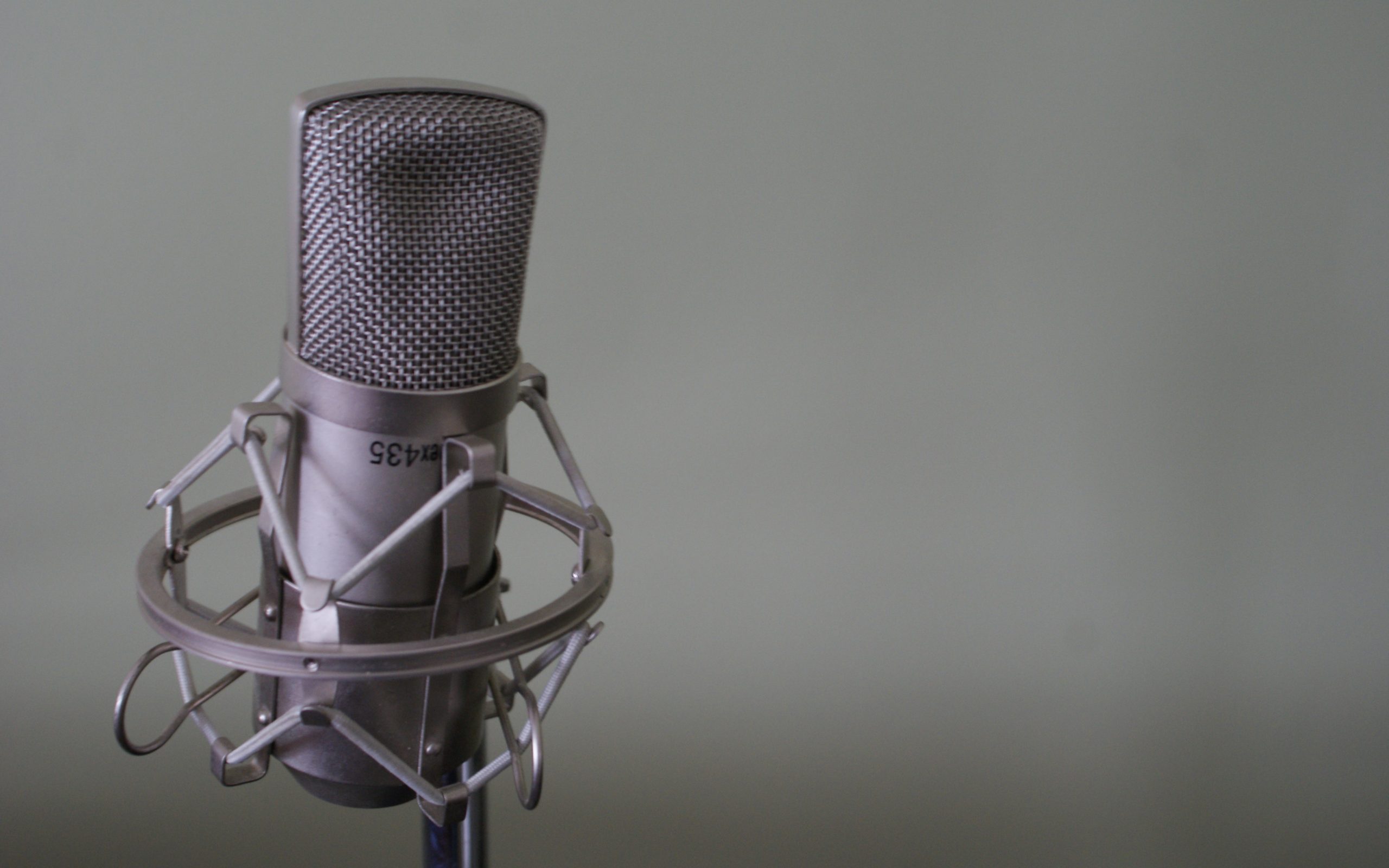Frequently Asked Questions
What is the professional and educational experience of your music teachers?
All of our teachers are very highly qualified. Some hold ARCT certificates in their chosen instrument but all carry the national standard of Grade 8 RCM or equivalent.
At what age do you accept students?
We typically suggest starting around the age of 8 for some of the more physically demanding instruments such as the guitar or the drums. Violin, piano and voice studies, however, can begin around the age of 4.
What kind of music do you teach?
We teach a large variety of styles depending on the individual student’s specific goals.
Do you regularly evaluate your students?
We have skilled teachers to help you achieve your goals and will take the time to evaluate your progress and suggest next steps. Most of our materials are graded so that you are aware of your abilities and each lesson is discussed with the parent/guardian in detail.
Does the conservatory have a written policy and will that be reviewed with me before I start?
Yes we do and yes it will.
What instructional materials do you use?
We have a variety for different instruments and styles. They are all nationally and internationally recognized as thorough resources for the development of a well-rounded musician. And all are tailored to suit your particular need, whether you are a young or mature learner.
Do you offer recitals and/or performance opportunities for your students?
Yes, we usually have at least two recitals each year. One in the summer and one at Christmas. Students are encouraged to perform to showcase their talents and achievements. Often teachers perform as well.
What do you expect from your music students? How much should they practice?
We expect all of our students to come to their lesson every week on time and be prepared for class. The amount of practice varies by level. Beginners usually are suggested to practice about 15 minutes 4 or 5 days a week. A general rule of thumb is to increase an hour of practice per week each grade level. Parental support is absolutely critical. Whether or not you know anything about music, helping your child find the time and remember to practice and encouraging the even the smallest seeming achievements is a huge part in the overall success of your child’s musical journey. Music lessons teach discipline, dedication and enable students to see the direct link between effort and the achievement of short and long term goals.

